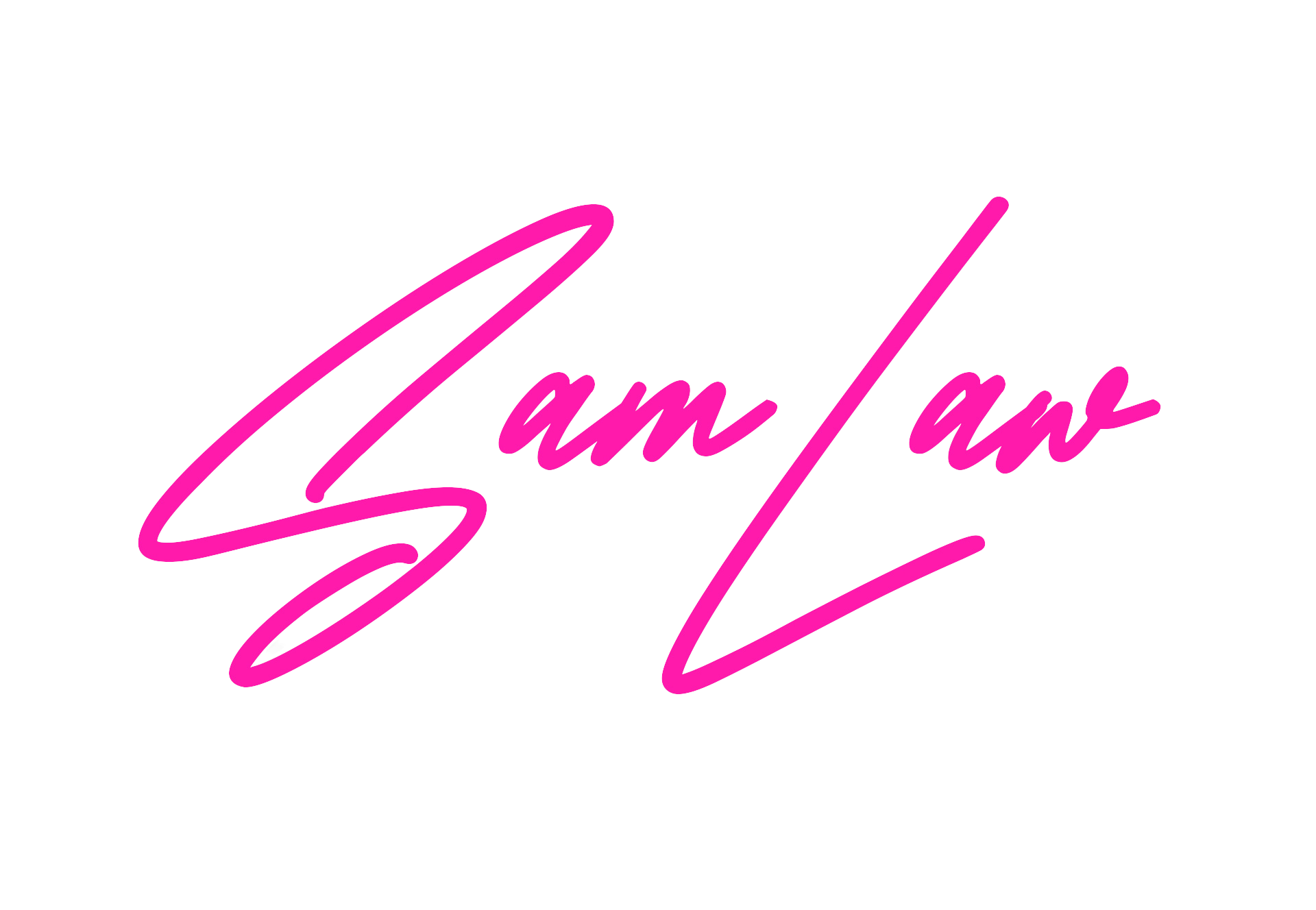Mental Health and the Black American Experience
Sam Law
"Snap out of it.”
“You just need to pray about it.”
“WE don’t get depression.”
“You have too much to be thankful for to be sad.”
If you are a black person living in America, there is a good chance you’ve heard some variation of these statements. Maybe from your mother when you couldn’t seem to pull yourself out of the bed in the mornings. Maybe from your father who was tired of you “moping around the house” all the time.
Maybe from a grandparent who reminded you of how you never had to endure the Civil Rights movement, Jim Crow laws or the FBI targeting black leaders who dared give a damn.
No matter what your experience has been, if you are black in America you know what I’m talking about. You’ve experienced it or seen it with your friends or family.
Of the 13.4% of the U.S. population self-identifying as black or African American, more than 16% report having a mental illness. This is more than the entire populations of Chicago, Houston and Philadelphia combined. Though mental health conditions occur in similar or less incidences as with white Americans, traumas significant to the black experience in America contribute to less favorable results. It is important to note: mental health conditions, though they do not discriminate against race, color, gender, sexual identity or creed, can result in dramatically different outcomes for some lives more than others.
To be frank: black lives.
Being black in America means having, statistically-speaking, a diminished access to treatment and cultural attitudes toward mental health.
Mental Health and the Black American Experience- What Sets Us Apart
If mental illness doesn’t discriminate, then why do we black people have such worst outcomes?
Seeking answers to this question led me to pursue my own academic studies into psychology and (unofficially), sociological studies.
Cultural Stigmas
Though we millennials have seen promising turns in this tide, there is still a broad-sweeping stigma concerning mental health within the black community. Denial that we can get mental illness in the first place, coupled with familial pressure to keep such matters ‘within the family’ make initiating mental healthcare difficult. Admitting that you are suffering psychologically comes with its own difficulties. While many do find coping strategies in outlets like religious teachings and worship communities, these environments can further pressure suffering individuals into silence. Furthermore, when we do seek professional help, having a therapist that doesn't understand our experience of dealing with discrimination, cultural appropriation, othering and body shaming makes openness and honesty (even behind closed doors and confidentiality agreements) even more challenging.
Barriers to Entry: Accessing Healthcare Resources
African Americans are predisposed to inequities in the healthcare system
without considering mental health. We are 40% more likely to die from breast cancer, 52% more likely to die from cervical cancer, 23% more likely to be obese and three times more likely to die from pregnancy-related complications. Regarding depression alone, our black youth are more likely to attempt suicide as teenagers than their white peers.
What bothers me more than these statistics, are the barriers to entry which block us from receiving adequate care. Yes, the Affordable Care Act helped improve access to care...but astronomically high deductibles stop us at the gates. (A fact that conveniently remains largely undiscussed to this day.) Even with the ACA, 11.5% of black and African American-identifying individuals remained uninsured as of 2018.
Mental Health and the Black American Experience- Minority Mental Health Awareness Month
In 2008, national Minority Mental Health Awareness Month was established for July to help redirect these trends for ourselves and our minority peers from other ethnic, racial and cultural backgrounds. Organizations like the National Alliance on Mental Illness provide valuable information about how you can get involved and share the message of hope and education around this topic.
For my Millennials…
Now, all of this means nothing if we don’t exercise our #MillennialMagic as a force for influence within our communities How many more young minorities have to die as a consequence of mental illness before we take this seriously?
Tamar Braxton’s reported suicide attempt is only a public face to a deeper systemic problem. It shouldn’t take one of our own as a media marauder for us to wake up to this issue: if systemic racism doesn’t kill us, mental illness will.
Start conversations. So have that uncomfortable conversation when your mom tells you you’re “too blessed to be stressed” and open an honest dialogue with your grandparents about how we still deal with the blowbacks of existing while black in America. Just because we’re allowed to use porcelain toilets doesn’t mean everything is rose petals and daisies. Fighting against a white privileged hetoronormative society is traumatic for black, brown and LGBTQ+ bodies...that hasn’t changed.
Get Connected. Know your resources. Here in Long Island, the Long Island Clinicians of Color stand ready to help you cope with whatever you may be going through. Here is there information:
Sheri-Ann Best, LCSW-R, Farmingdale, NY IG: @Changethroughwords
Lisa Zakiya Newland, PhD, LCSW-R, Rockville Centre, NY IG:@educate2elevatecs
Lilian Taku, LCSW Huntington, NY
Cherie Dortch, LCSW-R, Rockville Centre, NY IG:@onemind_wellness_psychotherapy
Katiuscia Gray, LCSW-R, Valley Steam, NY
Samara Toussaint, Psy D, Valley Stream, NY IG:@Growthwithdrtoussaint
Angeleta Boyce, MA, LMHC, NCC, Valley Stream, NY IG:@ray_of_light_ny
Phoenixx Love, LCSW, Uniondale, NY IG:@iamphoenixxlove
Sheniqua Lee, MHC-LP, Farmingdale, NY IG: @Sheniqualee_mhc
Hermanuella Hyppolite, Psychiatric Nurse Practitioner, Valley Stream, NY IG:@iberementalhealth
Kay De Simone, LCSW, Garden City, NY IG:@kay_puravidawellness/
Amanda Fludd, LCSW-R, Valley Stream, NY IG: @Therapyisdope
Victor Brown, LMSW, Farmingdale, NY
Wooselyne Jean, LCSW-R, Servicing Suffolk and Nassau County, 631-704-6397
Candice Bonham-Jarvis, LCSW-R, Massapequa, NY FB:@Chat and Change Counseling Services
Ieshah Mapp, MA, LMFT, East Meadow, NY IG:@Ieshahmapplmft
Dare to Give A Damn...Millennials, let’s use our #MillennialMagic
to stop the inter-cultural oppression of mental illness in minority communities. You are not alone. Reach out, get help and educate yourself. How will YOU be a champion for minority mental health?
The body content of your post goes here. To edit this text, click on it and delete this default text and start typing your own or paste your own from a different source.
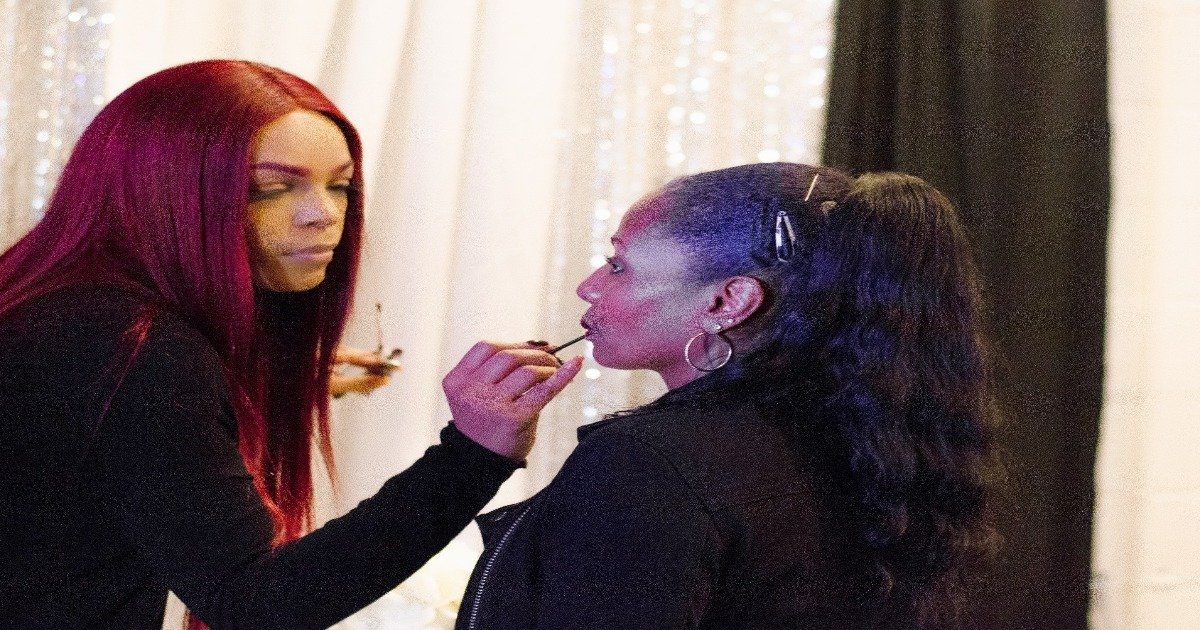
Did you know that one of the best things you can do this holiday season, and always, is shop black? It is statistically proven that black-owned and operated businesses will suffer greater than that of non-black businesses. So, how can you help? Help by starting a #BUYBLACK movement. Support your local black-owned business, share your purchases on social media, repeat! #BuyBlack #ShopBlack
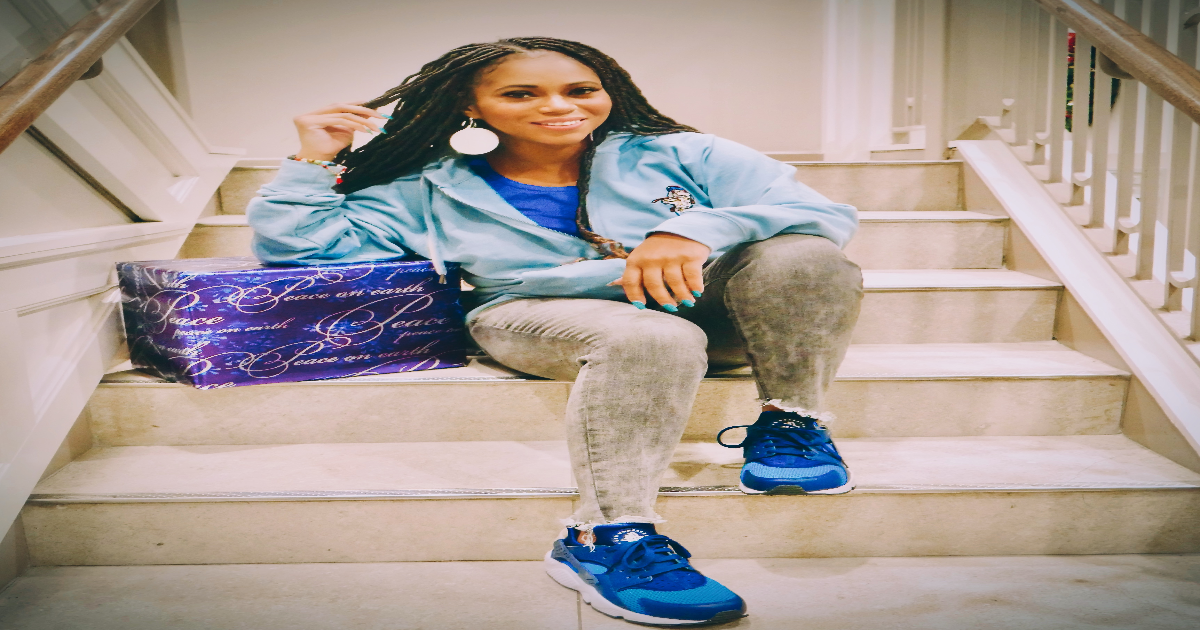
There is too much going in in the world right now for us to sit back and let our creative talents pass us by! We all have a gift. We all have something special that makes us YOU-nique. What’s yours? Won’t you join me in showing this world the creativity that Millennials of color bring to the table? #millennialmondays
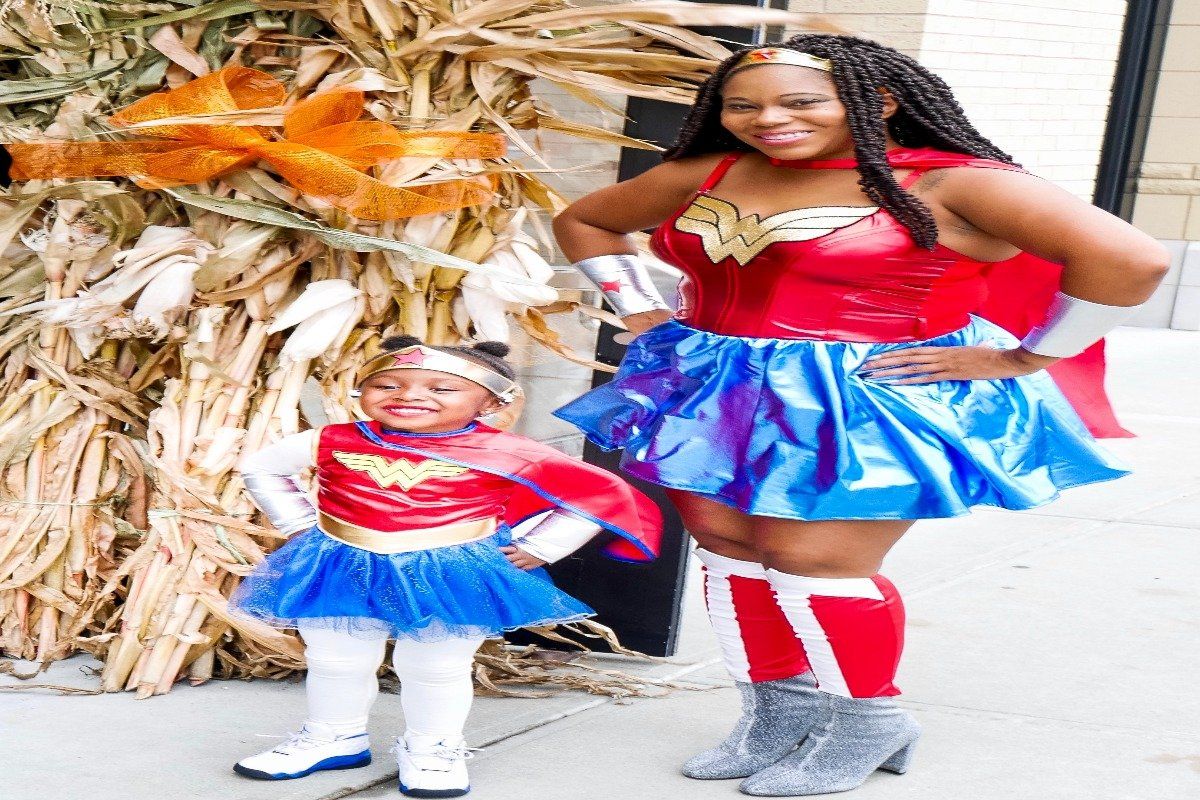
What happens when the momentum is gone? Racism is trending, but for black and brown people, it’s not news. “Wokeness” is popular; a fun pastime if you’re privileged. Until we stop seeing human rights and social justice as life or death and not an election season novelty, we will always be the convenient sideshow for the American socio-political theater.
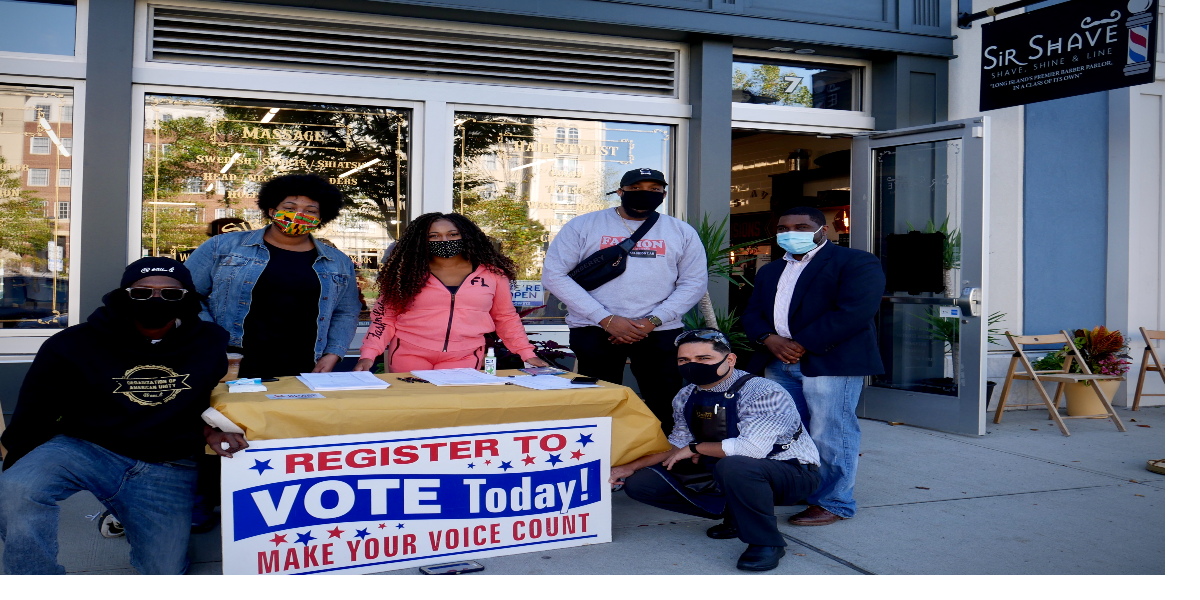
I encourage you to not doubt your strength. Even the weakest can stand tall and even the powerful can fall. There are no hard and fast rules as to who has the power to accomplish great things. If you have the motivation, the will power, and the faith, you can move mountains. You can be like the small and innocent David and take down the giant Goliath with a rock and a slingshot. It is not about the weapons you have but rather how you use your mind.
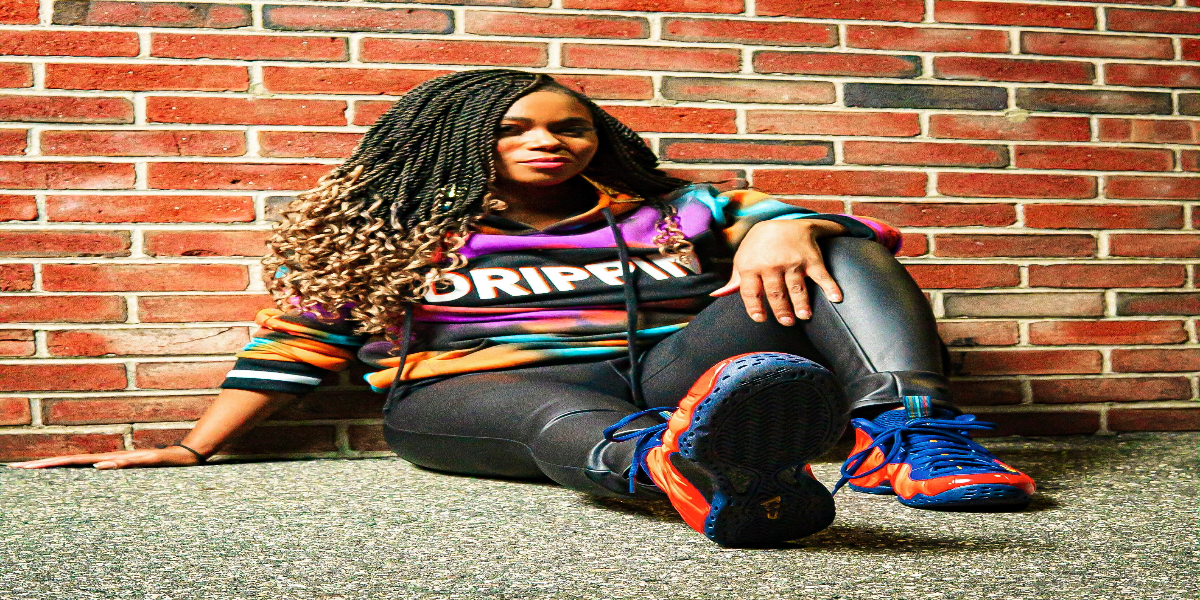
Unhappy with your current situation or relationship? Take a stand! If you aren’t sure how to initiate changes in your life, try this: pretend you are advising a friend. If your friend came to you and explained the exact situation you are currently in, what would you tell them? Sometimes a change of perspective can make all the difference.
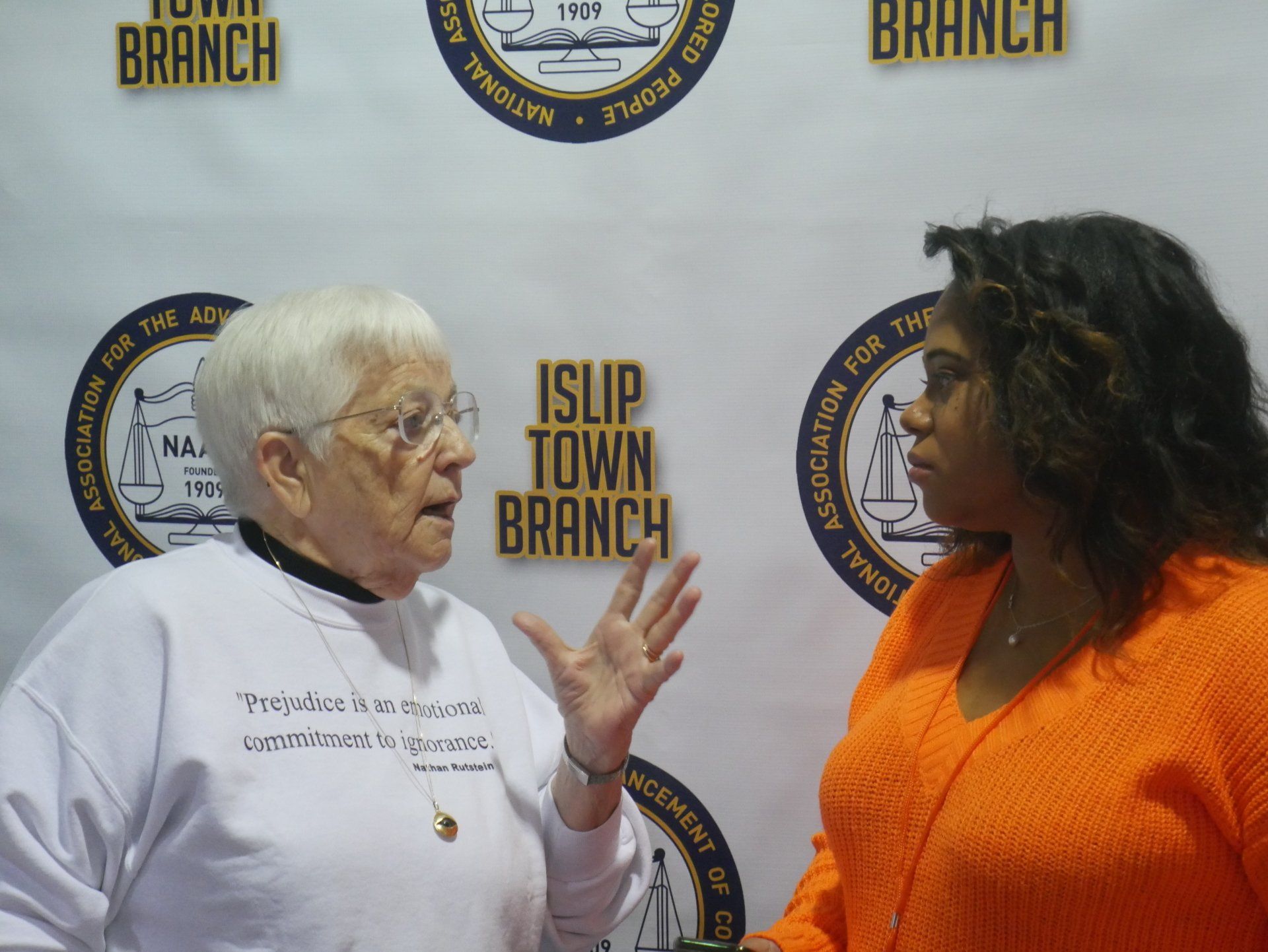
“Opening up was the turning point. Instead of dissing me, they began to root for me. They wanted to walk my journey with me.” —Charlamagne Tha God What if we started opening up. Telling our stories for everything they are worth. I bet when we start sharing these stories, opening up, being honest, and vulnerable—only then, we will find the similarities between one another. No More Gaps No judging. No, “I know exactly how you feel” or “you should have done it this way”. Just plain and simple listening to one another, understanding, acknowledging, and learning. I bet when we make time to have moments like this with our ancestors, our older generations, that then we can begin to bridge the generational gap that has sprouted through years of technological change. There is no doubt that there is a gap that needs bridging. Actually, there are many gaps that need bridging. The one I want to focus on here is the generational differences, and in turn, we can begin to learn and bridge other gaps as well. We are different than our parents. Our parents are different than their parents. There is an endless cycle of differences. This doesn’t have to be a bad thing. Once we accept and realize our differences we can use them to bridge the gaps that our society is facing—generational discrimination. We are the generation of change. Our generation has The Unique Ability for Millennials to Disrupt Institutional Racism. This is our #MillenialMagic. This is the very power that we hold between our lips, in the words that are yet to be said, but dying to come out. First, though, we must understand and connect with the generations before us. They did it. They did things we will never have to deal with, just like they will never have to deal with the things that we have gone through. Using Understanding and Communication to learn We need to open our minds. We can’t learn when we just think of those that are older than us as outdated and not with the times. Did you ever stop to think that maybe that they are just scared? Scared because everything is digital and everything has changed so drastically in just 20 years. That can be a lot for people to handle. If they could see the good that technology can do though. The good that it has done. It connects people. It supports people and allows for more opportunities. It allows us to search for jobs, to read blogs from all over the world, to find advice, to find answers, and learn. I get it though. Change is scary. When done right though, change can be wonderful. You see, those generations before us are trying to hold on, while us Millenials are trying to progress. We spend our days immersed in our technology, and the older generations fear we are living behind our devices and not in the real world. When we take the time to understand, then we open up a door, a door for them to understand. Take their hand and say “let me show you”, be patient and kind, and ask for the same in return. We need our ancestor’s knowledge. They have been through it. They have been through war, racism, and sexism. We can learn from them, but we have to ask, and listen. To them, we are buried in our phones, we are selfish, distant, and we only care about ourselves. What if though we open ourselves up as Charlamagne Tha God suggests. What if we say “hey, I need your help on my journey, will you share the story of your journey with me.” It all starts with communication and dialogue. Once we have this door open, we can shut all the other doors that lead to generational discrimination. We can bridge the gap, and transfer that knowledge to keep bridging gaps. We can take this knowledge and apply it to the Black Lives Matter movement, we can learn how to stand up and stand out for our people, and how we can support one another in every way, shape and form that we can. No one can do it all on their own. Each and every one of us needs a support system. We all need people to lift us up when we feel down, for people to believe in the work that we are doing when we feel discouraged, and for those same people to mention our names in a room full of opportunities. Reflect—Do You Take the Time to Support Those Around You? Do you hype up your best friend who is an aspiring photographer? When you hear someone needs a wedding photographer do you proudly say “I know a person!” Or do you keep quiet and say nothing at all? Your friend that bakes sweets as a side business, do you ask her to “hook it up with some free pastries”? Or do you place an order on her website and pay FULL price because you believe in supporting your friend’s business? Asking for free goods from your friends is not supporting their business. Paying full price does. Reposting their content on social media does. Bringing their name up in a conversation when an opportunity is knocking does. This one is for the millennials like myself, who have the privilege of technology at the tips of their fingers. Repost your friends. Repost strangers! You don’t have to know someone to support them. This is the beauty of the world that we live in. I think we become afraid that if we take a moment to support someone other than ourselves then in the process we will make ourselves less sparkly to the rest of the world. In my most recent blog, Don’t Forget About Us- Take Advantage of Life’s ‘I Know a Girl’ Moments, I cover this phenomenon. Why? Because it is important, it is vital, and because good karma is a real thing. I promise you that promoting and supporting those around you will not hurt your own endeavors. Do you think the greatest artists in the music industry just walked into the studio and popped out a hit and started rising on the charts? No. They worked hard, broke their backs, didn’t sleep, and then got that chance of a lifetime because someone believed in them and mentioned their name. How Did Our Ancestors Do It? The Black Lives Matter movement has surfaced tons of support for black businesses and community members. This is a small but necessary step towards victory. Nothing can make you shine less, except for yourself. Black folks and those of color need more of those “I know a girl/guy moments”. We have suffered too long, we have all suffered. This year especially has thrown us down, picked us up, and then threw us even farther. This year has brought us... A pandemic that has killed 190K, which has brought on millions of Americans losing their jobs... Deaths of black folks like Breonna Taylor and George Floyd, and arrests of other innocent black people who are rightfully angry and tired of the oppression that our people have faced for years… I mean how did our ancestors do it? I think about the things that our parents and grandparents went through and I am speechless. I see the world hurting and suffering, and I want answers. Answers for recovery and answers on how to stay hopeful. So I begin to look to our ancestors, to how those before us stood up during the civil rights movement, the feminist movement, and the LGBTQ movement. How did they do it? How do we do it? Why are we still doing it? Why on earth do we still have to keep fighting for equality? I think about it, and I pause, and I feel like we have already done all this before. We have already fought these movements, we have already been beaten down and bruised by our oppressors, yet we still have to fight. We still have to protest, but our ancestors had it worse, they had the brunt of it all. At least I can walk into a diner and have service. At least I can use the same restroom as the white woman in the stall next to me. At least I can go to school and learn in the same class as white folks. At least I can get on a bus without fearing arrest for refusing to give up my seat to a white man. On the other spectrum, black folks are still dying. There are too many black mothers crying and there are too many brothers and sisters dying. Racism is still real. People still look at the color of my skin and see someone ‘different’. Cops still kill black people substantially more than white people. The black community only accounts for 13% of the population, yet they account for 25% of police shootings. You Can’t Steal Our Joy So I look to our ancestors because this isn’t the first Pandemic. This isn’t the first time people of color are dying. This isn’t the first time that poverty is striking the nation. Many of our grandparents or great grandparents were born during and lived through the Spanish Influenza, which wiped out as many as 50 million people worldwide. Our female ancestors were bound to the house to take care of the children, as this was a woman’s duty back then. Forget an education, a career, and a life—the home was the woman’s responsibility. The 60s brought about peaceful protests via sit-ins. When I think about the patience and the virtue my ancestors must have had to sit down at a table and face the wrath of white people screaming and yelling slurs in their faces, it hurts me. Not to mention, it was only five short years ago when gay marriage became legal. The world has continuously pushed us down, but we must continue to use our #MillenialMagic to push back, to stand up, and to stand strong. We can continue to make strides. We can’t win this race alone. We must learn from those who have already done it all so that we can continue the fight. Sexism, racism, and homophobia raided our ancestor’s joy, but it won’t continue to raid ours. So I leave you with this...what can you gain by being open and honest? Who can you connect with? What story will you share, and in return what story will be shared with you? Take this honesty and these stories and spread them like wildfire. Use them to fuel a better world, a world where we stand next to and not apart from our ancestors, and a world where we give those around us the opportunity we would ask them to give to us. Together we stand. The one that I want to focus on here is the generational gaps, and in turn, we can begin to learn and bridge other gaps as well.
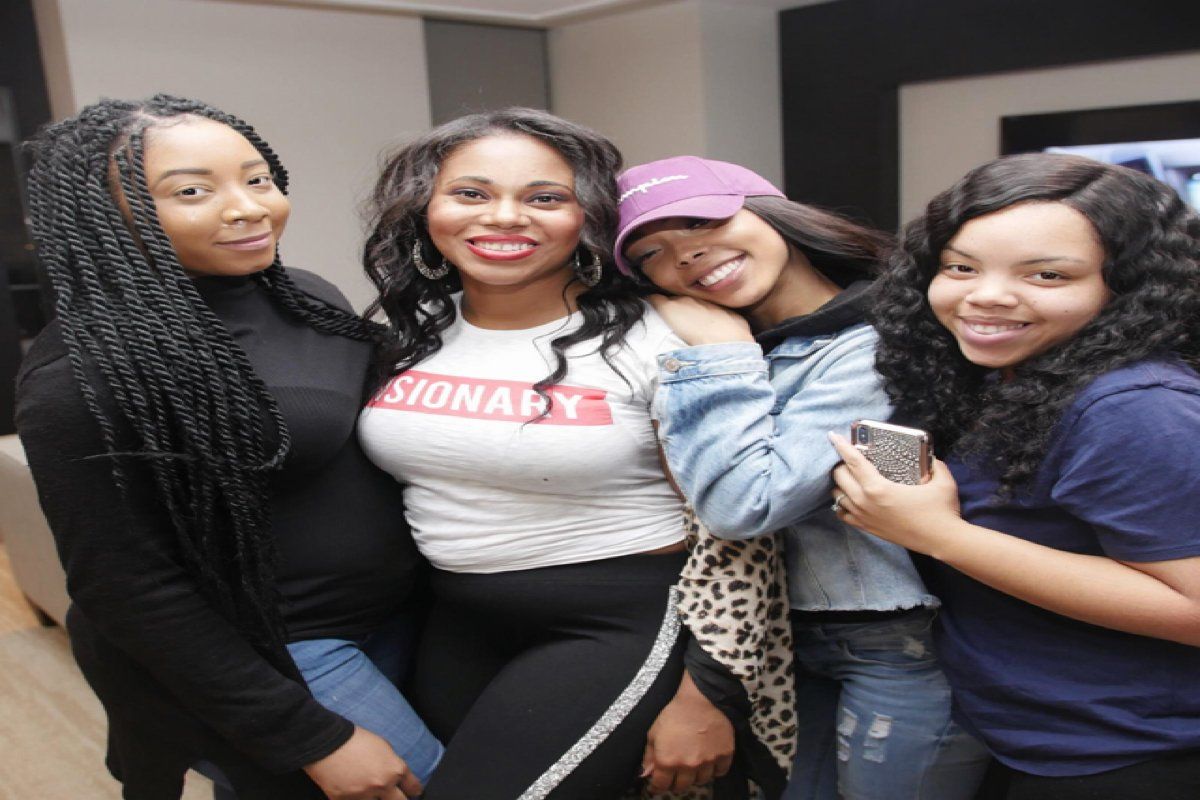
You ‘know a guy’. Or a girl. I know you do. Here is a little challenge for you...repost a person or company on social media who deserves recognition and opportunities. Let’s speak up and speak out for our members of the black community, and share their story, their passions, and their businesses. Use your social media outlets to raise them up, instead of keeping them in a box.
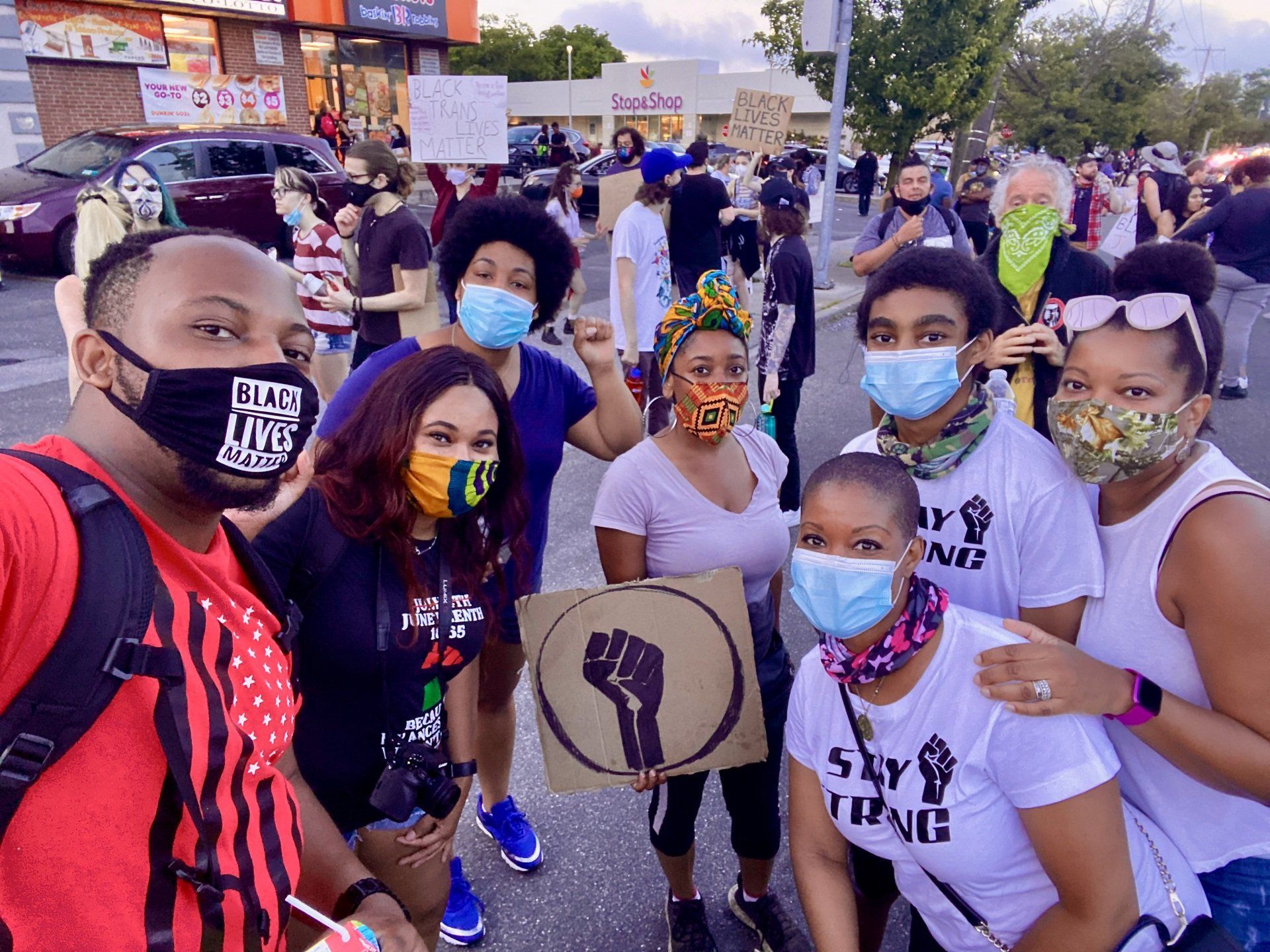
“Geographical location doesn’t determine what kind of success you will have, but your psychological position always will.”- Charlemagne tha God
As Millennials, we can Tweet the revolution. We can document the slaying of unarmed black men by the police. We can showcase the mockery of the porcelain-white Permit Patties and Karens of America. We can’t do it if we don’t stop trashing Boomers and talking smack about other generations. Wake up, stand up, and buck the limiting beliefs that are holding you back. What limiting beliefs are holding you back? I want to know...what’s stopping you?
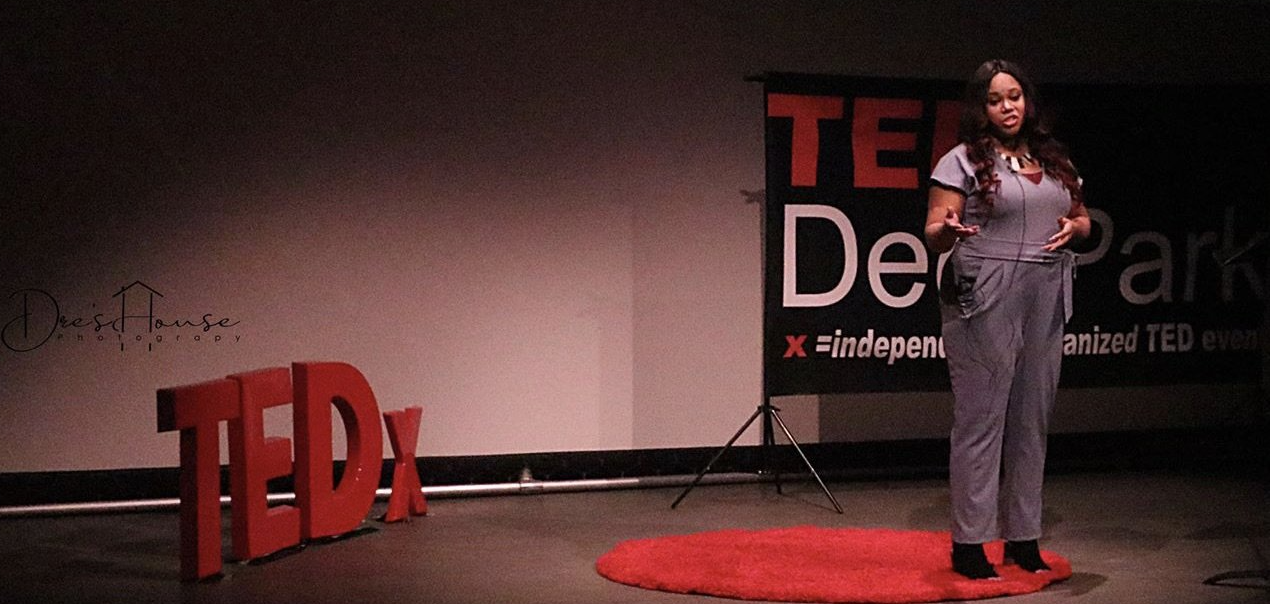
On March 7th 2020, a few moments before the US was hit with the Coronavirus Pandemic, I gave a TEDx Talk. If you are wondering what a TEDx is, it refers to an independently organized event that takes place under TED's community license, usually in the United States, Canada, Australia, New Zealand, South Africa and other countries. This is my experience giving a talk.
